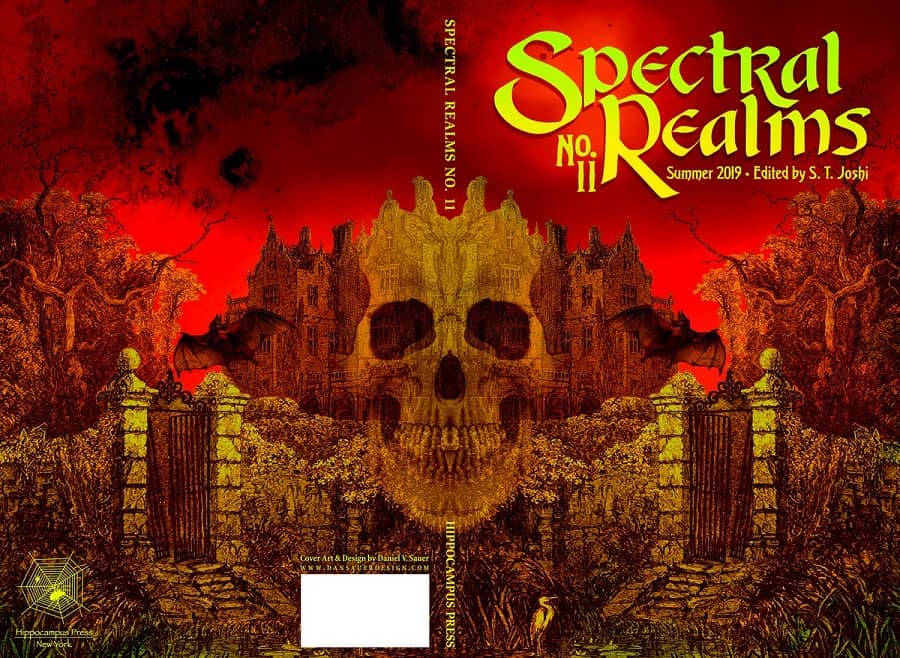Carl E. Reed has now published four poems in Spectral Realms (issues #10 and #11), with more poems scheduled to appear in issue #12. He has just published an exhaustive and picturesque review of Spectral Realms #11 on John O’Neil’s Black Gate website.
An earlier poem of Carl’s was published in The Iconoclast a decade ago.
Thanks, Carl, for suggesting that we post this link:
Terror, Existential Dread, and Surprised Laughter: A Review of Spectral Realms #11
Severely beaten as a child by a WWII hero and combat-induced-PTSD stepfather, the author, as a teen, faced the old man down with a shotgun and earned his blessing to join the military at the time Americans were learning about a country called Vietnam. The “lazy, no good son-of-a-bitch” opted out of combat and hard labor by becoming an Air Force medic, stamping out suffering and misery on Freedom’s Frontier at Clark Airbase in S.E. Asia and earning some kind of medal pinned on him personally by then Secretary of the Air Force, Harold Brown, for “Saving lives, etc.”
There followed a summer in Europe ending in the first of happy marriages. Then graduation with University Honors, kids worth dying for and a career in business. Life is good.
Author, The Phoenix Diary, Penguin, 2015.
https://www.barnesandnoble.com/w/the-phoenix-diary-g-d-deckard/1122175645
Founding Member, Writers Co-op.
https://WritersCo-op.com
Co-Editor, The Rabbit Hole anthologies.
https://www.amazon.com/Rabbit-Hole-Weird-Stories/dp/1691225355/ref=sr_1_1
Founder, SciFi Lampoon Magazine.
http://scifilampoon.com/
Contributing Editor, A Celebration of Storytelling
https://www.amazon.com/Celebration-Storytelling-GD-Deckard/dp/1951716167
Current WIP: Code Blue and Little Deaths, stories from Clark during the Vietnam War.
Recipient of the Psi Young award for Creative Biography.
